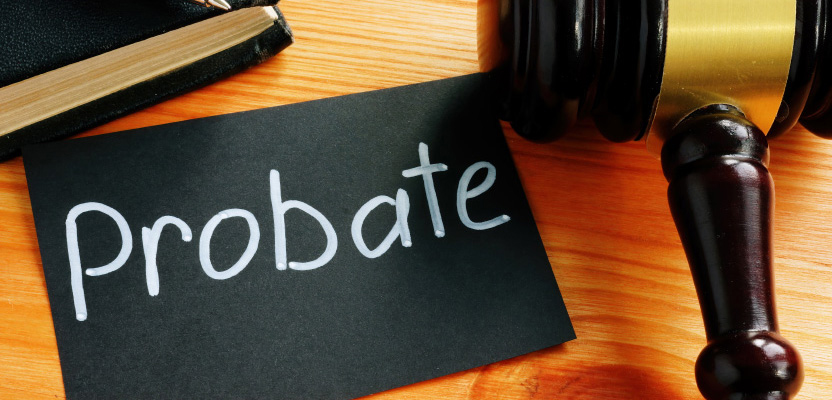Introduction
This is one of a series of articles about wills and probate. You can find an overview of the probate process and an explanation of the legal terms in the first article of this series.
This article explains the circumstances in which you will need to apply for probate, and the forms that you need for the application.
When is a grant of probate required?
It is not always necessary to apply for a grant of probate.
Probate authorises the executors named in the will to administer the estate of the deceased. It provides proof to third party institutions that the executors have the right to act. It also protects the executors from claims by third parties
Obtaining a grant of probate is only necessary if the value of the estate exceeds £5,000.
But obtaining a grant might be beneficial if you have to deal with banks, building societies, pension fund managers and insurance companies, as these institutions sometimes impose their own rules as to when a grant is required to transfer assets to you.
It also might be beneficial to obtain a grant for the security of the executors – for example, if there is a chance the will might be challenged, or if there is someone who claims that the deceased owed them a large amount of money.
Forms needed for application
The Principal Probate Registry or any district office provides the forms required to apply for a grant of probate. They should be requested as soon after the will has been found as possible so that the executors can complete them as the inventory process progresses.
HMRC provides Form IHT 400, which may be needed as a statement of account of the estate and used to calculate inheritance tax due. The executors may or may not need to use supplemental schedules provided with Form IHT 400.
Form PA 1 - Probate Application Form
The purpose of the PA1 form is to collect basic information about the testator, the will, beneficiaries, family and the executors. Using this information, the Probate Registry can determine:
- who should be granted probate or letters of administration;
- whether power reserved letters should be issued;
- who might be a beneficiary in case of intestacy or partial intestacy; and
- whether any beneficiaries are minors, in which case a trust is formed.
Form IHT 205 - Short Form of Return of Estate Information
This form (download here) is for use where there is no tax to pay – in technical terms, where the estate is excepted, or exempt and excepted.
It will tell you whether you need to complete form IHT 400.
Form IHT 400
This form will tell you how much inheritance tax is payable. You are unlikely to need to complete all sections of the form, but you may need to complete supplementary pages or attach separate sheets.
More information
As a reminder, if you don’t currently have a will yourself, or if it is a long time since you did, you might like to make one that reflects your current position in life. To help, we provide a number of free straightforward wills (likely to be suitable for most people) with no catches or conditions.
If you need any help choosing, just contact us.

